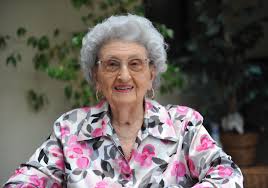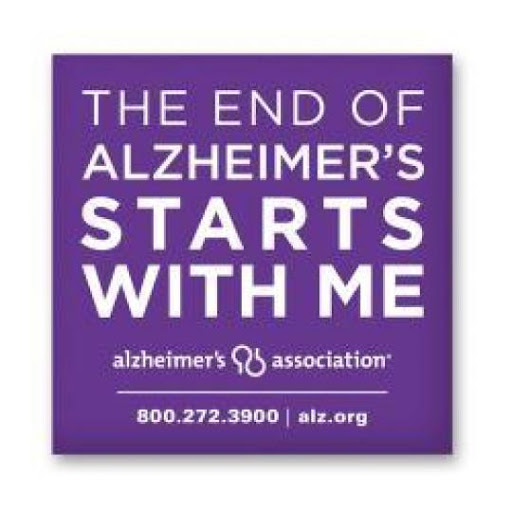The Alzheimer’s Association just released its latest edition of its annual Alzheimer’s Disease Facts And Figures report, with tidbits like these:
More than 6 million Americans have Alzheimer’s Disease, a number which is expected to more than double to 13 million by 2050;
Alzheimer’s and Dementia Deaths have increased by 16% during the pandemic;
1 in 3 seniors dies with Alzheimer’s disease or some other form of dementia. It kills more people than breast cancer and prostate cancer combined;
In 2021 Alzheimer’s and other dementia will cost our nation $355 billion. By 2050 this number is expected to more than triple to $1.1 trillion;
More than 11 million Americans provide unpaid care for people with Alzheimer’s or another type of dementia. In 2020, they provided 15.3 billion hours of care valued at more than $250 billion;
Between 2000 and 2019, deaths from heart disease have decreased by 7.3% while deaths from Alzheimer’s disease have increased by 145%.
These statistics are bleak, however, this is definitely worth a read. It also comes with an accompanying special report entitled Race, Ethnicity and Alzheimer’s in America. This examines the perspectives and experiences of Asian, Black, Hispanic, Native and White Americans in regard to Alzheimer’s and dementia care. The report also analyzes the horrible impact the COVID-19 pandemic is having on people living with Alzheimer’s and their caregivers.
Regular readers of my blog know that both my father and grandmother had this terrible disease when they passed away. There are great people at our local chapter of Alzheimer’s Association in Ryan’s Ranch. They also have a 24-hour hotline if you need support at 800-272-3900.
https://www.alz.org/alzheimers-dementia/facts-figures?WT.mc_id=enews2021_03_03&utm_source=enews-aff-20&utm_medium=email&utm_campaign=enews-2021-03-03&utm_content=homeoffice&utm_term=Story1








